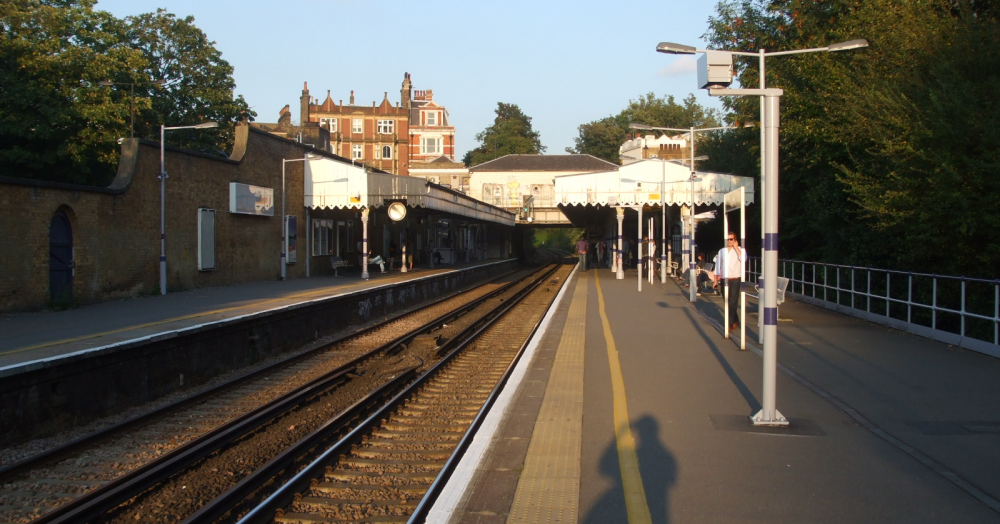With restrictions lifting and many Londoners returning to work, it’s unlikely that the daily crowded journey into the city will stay the same. We take a look at how people are adapting, and what the new normal is for the London commute…
According to Transport for London (TFL) stats, some 1.35 billion people use the London Underground every single year, with over 50% of city-dwellers commuting by bus, train, or tube. With social distancing still in place for now, it’s just not possible to keep our journeys the same – with many opting for alternatives, and new measures being announced by TFL. The question is, how will life change for many of us in the near future?
We may see more bikes, and less trains
While most people live too far away to walk into work, cycling has always been a viable option for London commuters, and more now than ever, people are being encouraged to ‘bike it’ in. Healthier, and with a kick of endorphins to start your day, it’s not surprising that it tops most Londoner’s lists when it comes to alternative transport. TFL recently announced that they are
creating 450km of new Cycleways by 2024 so that more Londoners will live near the cycle network. The virus could be the push London needed to make our roads greener and safer, with less strain on the underground.
‘Walk a mile’ to avoid the virus
Another alternative to consider is to walk at least part of your commute. Much of the heavier traffic comes in closer to the centre, and if walking a mile saves you a couple of stops on a crowded tube, it may be beneficial to make it a part of your journey. Could we possibly see more walkways, paths, and pedestrianisation in London’s future? The new
London Streetspace programme says we will!
What else is being done to ease the pressure?
On top of that, more than 500 hand sanitisers have been installed in London Underground ticket halls, with platform areas, bus stations and selected railway and light rail stations to follow. Commuters have, likewise, been advised to try and avoid travelling at peak times (05.45 - 08.15 and 16.00 - 17.30), and they’ve been asked to leave at least a seat between themselves and others.
Working from home and flexible working hours
Lastly, with London businesses hoping to protect their workers, new measures such as working from home part of the time and flexible working hours to avoid rush hour may become a permanent part of everyday working life. Some may decide to move further out from the centre in a bid to save on their rent/mortgage because they don’t need to travel in every day.
How has your daily commute changed since Covid-19 struck? Are you looking to move somewhere a little further out of the city? Let us know!

